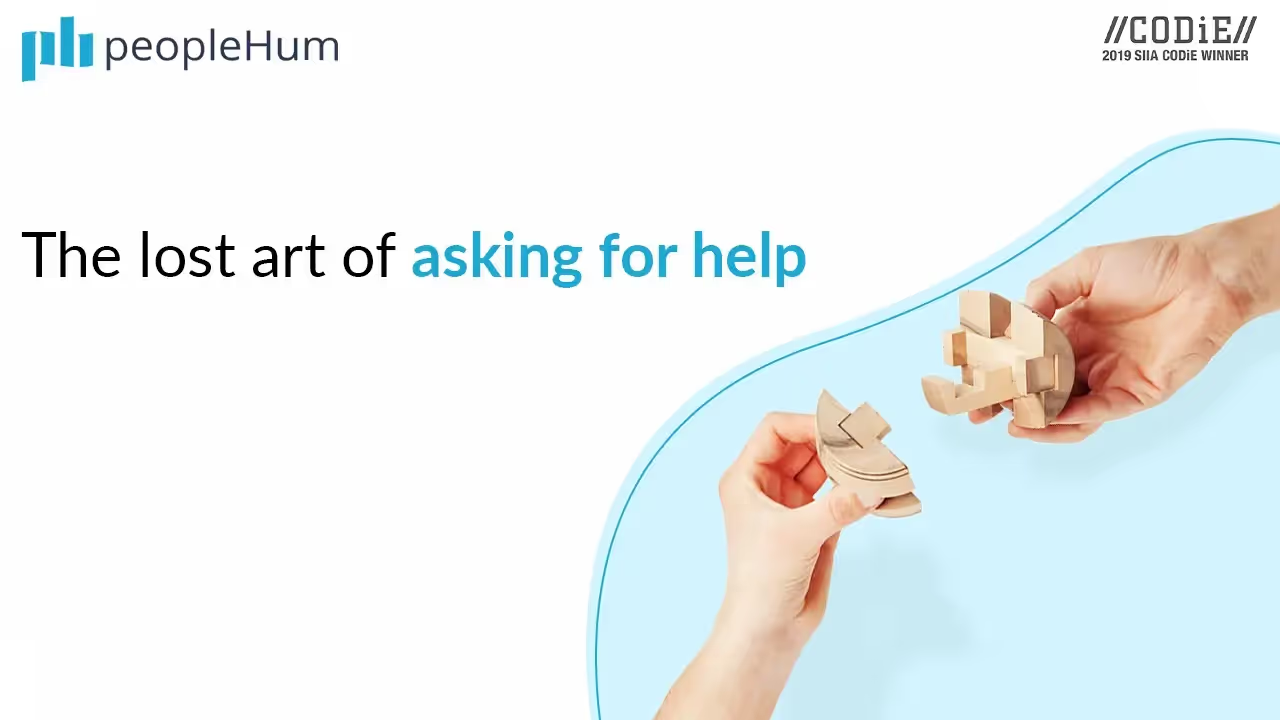I've been thinking about happiness as of late -- for several reasons. First my dear friend and colleague Alan Allard released the paperback version of his book on happiness - Seven Secrets to Enlightened Happiness (also available on Kindle). The second reason is the recent reports regarding Amazon's work culture. These reports caused me to take a step back as I've been a huge fan of Jeff Bezos and Amazon for a long time...(and yes I am a prime member -- they had me at "1-click" and free shipping).
When Alan's e-book version came out a couple of years ago, we had robust discussions about happiness in general and more specifically the role of happiness in the workplace. I concluded and began to see happiness as a "human resource" similar to motivation. (Yes, I see motivation as a human resource which is substantially undermined by managers/leaders who don't know how to leverage it.) Both are intrinsic human capabilities that are impacted in the workplace in a myriad of ways and are important to a company's level of success. With that conclusion in mind, I did a podchat (my version of podcast) with Alan around this theme. You can access it here: Happiness as a Human Resource.
It all speaks to a continued theme in my world of holistic talent management consulting -- the more human we are, the better quality of life, business and dare I say profitable business we will have. If we cultivate the best of our human attributes and talents, will that not substantially contribute to the betterment of our human community? I believe in many company cultures today the less human style of leadership still exists -- the old command and control. I see this style as less human and more autocratic, parental and mechanical. It's more about constraining our humanness vs. utilizing it and expanding it. In my work I've seen growing the best of our humanness is what contributes to the greatest success!
Why happiness is a human resource

Let's consider two premises regarding it's role and potential benefits of our humanness in the context of work:
Premise #1: Happier people make better employees.
Is this true? Are happier people in general more self motivated, have higher emotional intelligence, collaborate better, are more stress hardy, perhaps even have lower absenteeism, are better at self-management, among many other characteristics? (I bet you could add to the list.) Of note, these are related to emotional intelligence as well. In a management/leadership group coaching roundtable I'm conducting, one of the issues currently being addressed is how to handle an employee who is exceptionally skilled, but perpetually unhappy. During a recent discussion the employee's happiness was the focus.
Sentiments shared were:
"I don't think there is anything we can do make him happy."
"How is his unhappiness impacting the rest of the team?"
"I don't want to lose him, he's such a good worker, but it's hard to handled the negativity and grouchiness."
These managers brought up the issue of happiness in the coaching group and saw it as an element of his performance.
Premise #2: Leaders who show more of their humanness tend to be more effective.
From my experience, again in general, I've seen this to be true. They tend to be more authentic, humble and empathetic, which garners more loyalty, trust, greater followership and responsiveness. In a current executive coaching engagement, one aspect of development being addressed is the executive being more...well...human vs. operational and mechanical in how he leads. One of his challenges is to simply be more friendly. The response from his team - surprised and pleased. They in turn have been more responsive, open and collaborative. He has been able to exert more influence and is getting better results....and..... his team appears happier! Additionally, his happiness has increased as he sees himself being a more competent leader.
Alan shared a significant insight during the podchat. As a former therapist, when clients initially came to him and were asked what their needs were, very few people stated they wanted to be happier. But no matter what problem was divulged, ultimately once the need was addressed they were happier. I'm not saying that happiness is the end all be all. I am suggesting that it's worth considering from a variety of perspectives (it's more than just an emotion) and particularly in the realm of work.
As part of the IBM Futurist Program in which we examine themes reflecting "new ways to work", the theme of being more human and happiness as a human resource should be given some thought. By the way, Alan did a response article addressing the Amazon story titled: The Amazon Uproar - Happiness At Work Matters. It's worth a read.
And one more thought: I asked Alan, "In approaching companies to bring a happiness workshop to their organization, what do you think would be their initial response?" Alan said a typical manager or executive would likely say, "A what? Would you repeat that, I"m not sure I was hearing you right..." Would you?


















































